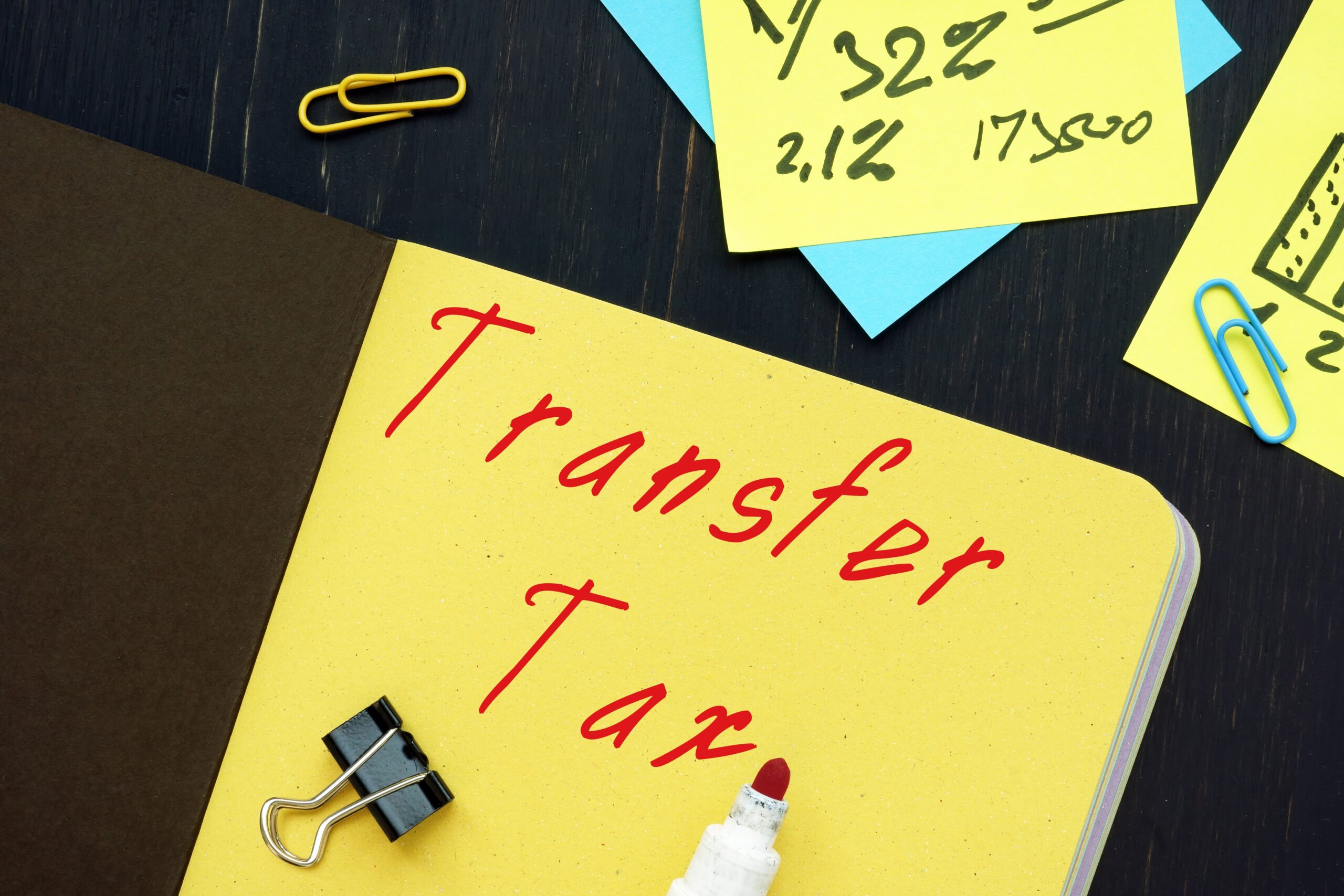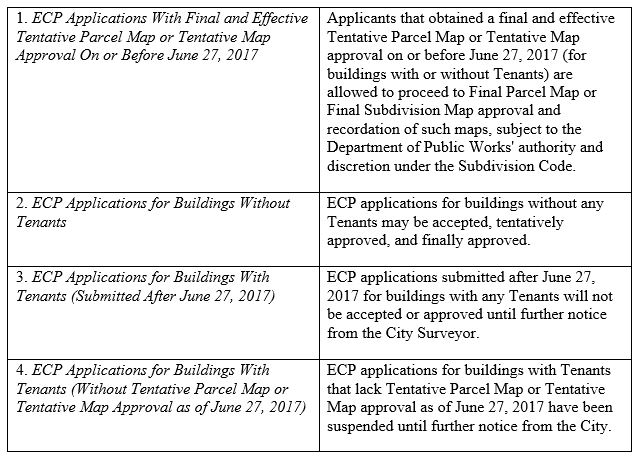Last week, two new ordinances were introduced, both seeking to encourage residential conversion projects downtown, which have been recently touted by the media and policy advocates as one potential solution to address San Francisco’s office vacancy; combat the housing crisis; and draw retail foot traffic back to the City’s core.
The “Commercial to Residential Adaptive Reuse and Downtown Economic Revitalization” ordinance, sponsored by Supervisor Aaron Peskin and Mayor London Breed, proposes an expansive list of Planning, Building and Fire Code amendments that share a common goal of encouraging downtown residential conversions and revitalizing the downtown core.
The “Development Impact Fees for Commercial to Residential Adaptive Reuse Projects” ordinance, sponsored by Supervisors Asha Safai and Matt Dorsey, is limited in scope but also seeks to incentivize residential conversions by exempting them from development impact fees.
The Breed/Peskin ordinance proposes the following Code modifications, which, if adopted, would not only encourage downtown residential conversions but would also broaden the types of uses allowed downtown, streamline process, and reduce costs for new businesses:
- Creates a new definition for “Adaptive Reuse” project, which would apply to downtown projects that change existing GFA from non-residential to residential. Qualifying “Adaptive Reuse” projects must be located in a C (commercial) zoning district that is east of or fronting on Van Ness/South Van Ness Avenue and north of Harrison Street; can’t utilize California State Density Bonus Law; can’t propose an addition to the building envelope that exceeds 20% of the existing building’s GFA; can’t propose an addition of more than one vertical story; and must submit an application on or before December 31, 2028.
- Relaxes zoning controls for qualifying “Adaptive Reuse” projects. Such projects would be exempt from zoning requirements that often trigger discretionary exceptions through a Downtown Project Authorization entitlement and/or drive-up development costs, such as lot coverage (which the ordinance substitutes for rear yard setback in C districts); usable open space; streetscape and pedestrian improvements; bike parking; dwelling unit mix. “Adaptive Reuse” projects would also be subject to reduced dwelling unit exposure, and Intermediate Length Occupancies would be principally permitted regardless of the number of units in the project. In addition, eligible “Adaptive Reuse” projects would not be subject to public hearing requirements for Downtown Project Authorization entitlements, unless seeking Planning Code exceptions beyond those listed above.
- Raises the thresholds for public hearings of permits in Downtown Residential Districts and C-3 Districts so that public hearings are only triggered by proposed construction of new buildings or vertical additions greater than 120 feet in height (its currently triggered for any project of 75 feet in height or that adds 50,000 gsf of floor area).
- Changes dimensional limits on exemptions to height restrictions for mechanical equipment, elevator, stair, and mechanical penthouses on existing buildings;
- Proposes a range of zoning code tweaks intended to draw business back to the downtown core. These include creating a new definition for “Flexible Workspace” and allowing it as active ground floor commercial uses along certain street frontages in the C-3 District; authorizing large-scale retail uses (> 50,000 gsf) in the C-3 District; allowing window displays to be at least four-feet deep in the C-3 District; allowing accessory storage in the C-3 Districts; allowing temporary signs for 60 days in the C-3-R district; allowing temporary “pop-up” non-residential uses in vacant spaces for up to a year in certain C, NC, NCT, or Mixed-Use districts; principally permitting Lab, Life Science, Agricultural and Beverage Processing, and Animal Hospitals in C-2 Districts; principally permitting office and design professional uses on the second floor and above for C-3-R districts; and requiring consideration of office vacancy rates in consideration for granting code exceptions in the Transit Center Commercial Special Use District.
- Streamlines sign permit requirement in the C-3 District and Citywide by exempting existing business sings in the C-3 District from certain requirements and allowing non-conforming neon signs to be physically detached from a building for repairs or maintenance, under certain conditions.
- Streamlines Historic Preservation Review for administrative certificates of appropriateness and minor permits to alter for awnings.
- Allows for In Lieu Fee payment to satisfy POPOS requirements in certain C-3 Districts.
- Amends the Building Code by directing the Building Official and Fire Code Official to develop an alternative building standards manual, providing building standards specific to “Adaptive Reuse” projects.
The Safai/Dorsey ordinance is focused solely on economic incentive. It would exempt certain downtown residential conversion projects from all development impact fees except for Inclusionary Housing Program requirements.
To qualify for these fee waivers, an “Adaptive Reuse” project would need to be located in a C zoning district that is east of or fronting on Van Ness/South Van Ness Avenue north of Harrison Street; can’t utilize California State Density Bonus Law; can’t expand an existing building envelope by more than 20% of the existing buildings GFA; and can’t add more than one vertical story. Fee waiver would not apply to the area of any non-residential use proposed within a broader conversion project.
The above ordinances clearly aim to incentivize downtown residential conversions, but it’s unclear whether they go far enough to trigger a significant up-tick in “Adaptive Reuse” projects.
On April 3, 2023, the Board’s Land Use and Transportation Committee held a public hearing to review a Policy Analysis Report drafted by the Board’s Budget and Legislative Analyst’s Office on feasibility of repurposing existing commercial real estate for residential use in San Francisco. While the Analysts report identified that zoning and policy changes in line with those under review could help to incentivize residential conversions, it also noted that “converting commercial properties to residential use is not a panacea for solving California’s housing shortage” because such conversions face a number of challenges “including architectural and building design limitations, municipal development approval processes that add time, cost, and uncertainty to conversions…” Likewise, a recent policy paper issued by the San Francisco Policy and Urban Research organization (“SPUR”) found that given current economic conditions and development costs, most conversions of underperforming office buildings would not pencil.
The Breed/Peskin and Safai/Dorsey ordinances were both introduced on April 4, 2023 and assigned to the Board’s Land Use and Transportation Committee under the Board’s 30-Day Rule, which means they cannot be heard by Committee until at least early May 2023.
Authored by Reuben, Junius & Rose, LLP Attorney Melinda Sarjapur.
The issues discussed in this update are not intended to be legal advice and no attorney-client relationship is established with the recipient. Readers should consult with legal counsel before relying on any of the information contained herein. Reuben, Junius & Rose, LLP is a full service real estate law firm. We specialize in land use, development and entitlement law. We also provide a wide range of transactional services, including leasing, acquisitions and sales, formation of limited liability companies and other entities, lending/workout assistance, subdivision and condominium work.





